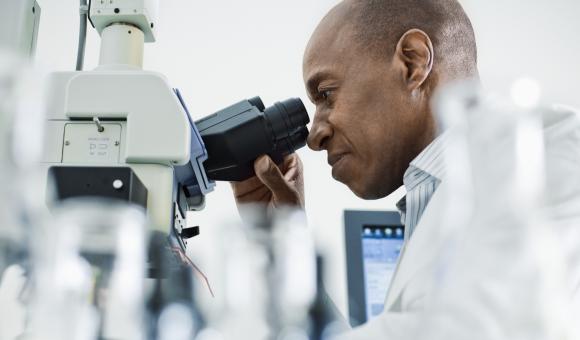
This is the story of a very natural transatlantic collaboration between two academic institutions of international renown.
The first steps in this adventure were taken in 2014 by Professor Vincent Blondel, then future Rector of the Catholic University of Louvain, when he walked into the office of Anthony Monaco, President of Tufts University.
Over the following year, the dialogue between the two universities intensified and very quickly synergies emerged. It was finally at the Ecole Polytechnique de Louvain (EPL), supported by the International Lhoist Berghmans Innovation Chair, that this relationship came to fruition.
The EPL was actually looking for strong partners abroad at the time, in order to send students to them in the final year of their Master’s degree within the framework of its "innovation classes". For its part, Tufts University hosts the prestigious laboratory of Professor Fiorenzo Omenetto, the "SilkLab". It is in this cutting-edge laboratory that research is conducted into a material known since the dawn of civilization: silk.
All kinds of objects can be created from the thread of the silkworm cocoon. From ultra-thin and transparent films to screws and nuts that are more solid than some metals. All are biodegradable and could even be edible! Silk is flexible, strong, biocompatible and electrically conductive when combined with silicone and gold. The applications of this technology are astounding in areas as broad as materials science, environmental protection, photonics, medicine and even food preservation...
The final details of the partnership were settled in December 2015 when Wallonia-Brussels International orchestrated the arrival of a delegation from the Boston-based University to Louvain-la-Neuve. The student chosen is Laura Höltschi, under the supervision of Professors Alexandru Vlad (UCL), Luc Piraux (UCL) and Fiorenzo Omenetto (Tufts). From April 2016, she will be responsible for conducting experiments on the creation of supercapacitors, made entirely of silk, to explore the possibility of producing bio-compatible, bio-degradable and environmentally-friendly energy storage devices. This is therefore a test phase for this first partnership between UCL-Tufts University and we can only hope that it will go from strength to strength in the coming years.
Maxime Van Cauteur, Scientific Liaison Officer, WBI